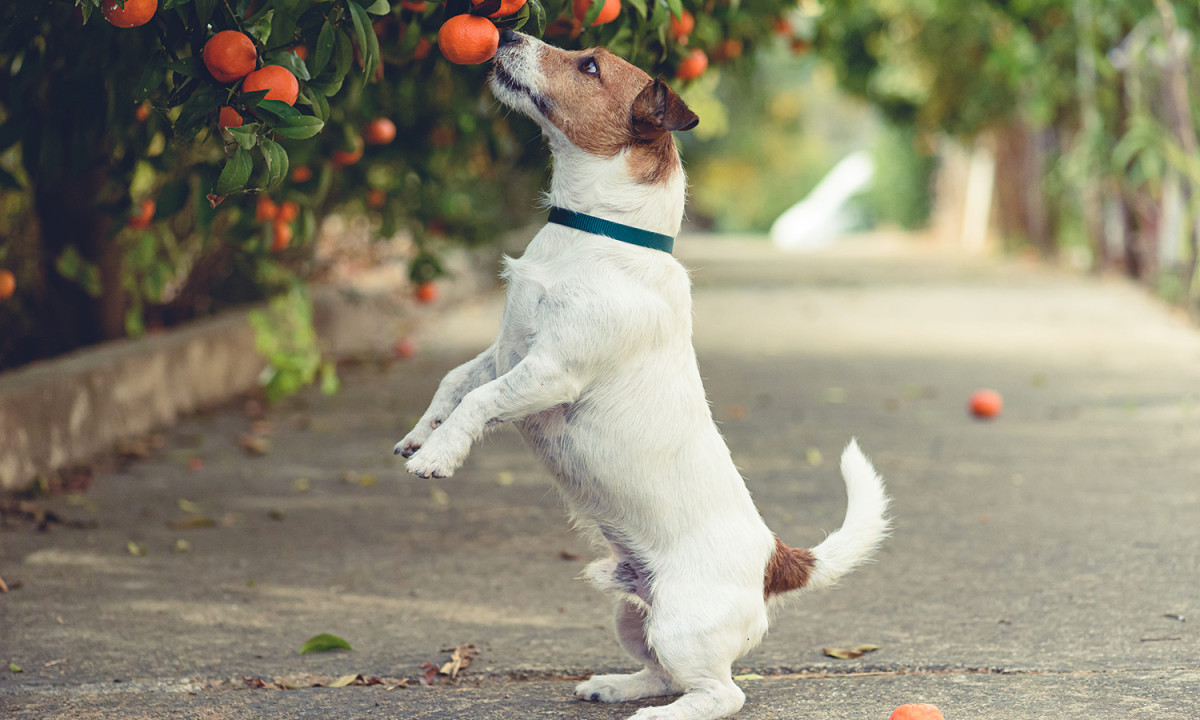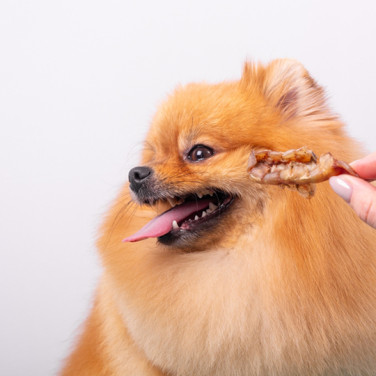FOOD
Can Dogs Eat Oranges? Are Oranges Toxic or Safe for Dogs
페이지 정보
본문

Can dogs eat tangerines and oranges? YES!
If you ever had your dog look at you with their puppy dog eyes while enjoying a refreshing winter tangerine and wondered “Can dogs eat tangerines?” We are happy to tell you yes! Dogs can enjoy this healthy and refreshing snack with you. Dogs can enjoy all kinds of oranges; including mandarins, clementines, sumo oranges, etc. While not all dogs may enjoy the sour taste or citrus scent of these fruits, rest assured your dog can safely enjoy oranges. They provide great hydration and contain essential nutrients like vitamin C, potassium, and fiber. When feeding tangerines and oranges to your dog, be sure to remove the peel and seeds and only give them the fleshy portion. However, it is important to keep in mind that the acidity and sugar in tangerines and oranges can cause digestive issues if consumed in large amounts, so it is best to offer them in moderation.
Nutrients of tangerines and oranges
Dogs that enjoy the taste of oranges can benefit from the vitamin C rich fruit.
Key nutritional facts of oranges your dog can benefit from
-
Dietary fiber
Fiber helps your pet's digestive system and helps resolve diarrhea and constipation. This fruit can help with weight management due to the feeling of fullness from its high-fiber content.
-
Vitamin C
Supports your pet's immune system. It is also known to help with cognitive problems due to aging.
-
Potassium
It is an essential nutrient for kidney function and helps the heart and muscles to function properly.
How to feed your dog oranges and tangerines

First, peel the citrus fruit. If any of the citrus varieties have seeds, be sure to remove them thoroughly. It is suggested to cut the fruit into small pieces to avoid a choking hazard or to blend it with other safe fruits as a smoothie.
If you have never given your dog an orange before, it is recommended to test for allergies by feeding one piece and monitoring for any reaction. You are watching for any allergic reactions or digestive issues, such as vomiting or diarrhea. If everything seems fine but your dog does not roll over for this citrus fruit, it is fine as some dogs tend to not enjoy the sour taste.
How many oranges can my dog eat?
It is recommended that all snacks fed to dogs should consist of about 10% of their recommended daily calorie intake. However, it is important to be mindful of the amount of oranges fed to pets, as consuming a large amount may lead to stomach problems. It is recommended to feed small dogs ½ an orange slice, medium-sized dogs 1 slice, and large dogs 1-2 slices.
Precautions to know when feeding dogs oranges and tangerines

Acidity and sugar content risk a gastrointestinal upset
If eaten in large amounts, the acidic content and natural sugars in tangerines and oranges can cause upset stomachs in dogs. If your dog has a sensitive stomach, it is best to avoid feeding these fruits. Symptoms of an upset stomach in dogs may include diarrhea, vomiting, loss of appetite, lip licking, and repeated swallowing with nausea.
Is it okay to feed oranges to a dog that is overweight or diabetic
If your dog is overweight or has diabetes, the natural sugars in tangerines and oranges can cause problems. Tangerines, which are sweeter and contain more sugar than oranges, can lead to weight gain and should be avoided by dogs with diabetes because they can affect blood sugar levels. It is important to pay extra attention to tangerines due to their high sugar content.
The dangers in the husks and seeds of tangerines and oranges
While tangerines and orange peels are not poisonous, they can lead to digestive issues if ingested. Consuming the peel can lead to symptoms such as stomach discomfort, vomiting, and diarrhea, as well as dehydration. Additionally, the peel can obstruct the digestive tract, so it is important to keep it away from your dog.
Certain types of citrus fruits, like oranges, should be handled with care if they contain seeds. These seeds contain small amounts of a toxic chemical called cyanide. While consuming a few seeds is unlikely to cause major problems, it is best to remove them completely to be safe.
Can dogs drink orange juice?

Commercially available orange juice may contain sugar, and additives, and is highly concentrated to the point that can cause several digestive issues. Orange juice products bought from the store should not be fed to your dog.
Beware of food allergies
Like any other food, the first time a new food is given to a puppy may cause an allergic reaction or intolerance. It is recommended to give a small amount of the new food and monitor the puppy for signs of allergy. If the puppy exhibits any signs of allergy, it is best to stop feeding the food and contact a veterinarian immediately.
Signs of an allergic reaction to look out for:
- Skin Problems: Hives, facial swelling, itchiness
- Digestive problems: vomiting and diarrhea
- Shortness of breath
Ever wonder what other fruits can dogs eat safely?

Does your dog also look up at you with those puppy dog eyes whenever you are snacking on something? You know foods like chocolates should not be shared with them but do you search the Internet every time if it’s okay to share a bite of whatever you are eating? The Buddydoc Food Dictionary provides information on hundreds of foods that we consume and informs you whether it is safe for them to consume and the nutritional benefits for your pet. If you're curious about other foods, try searching on Buddydoc!













